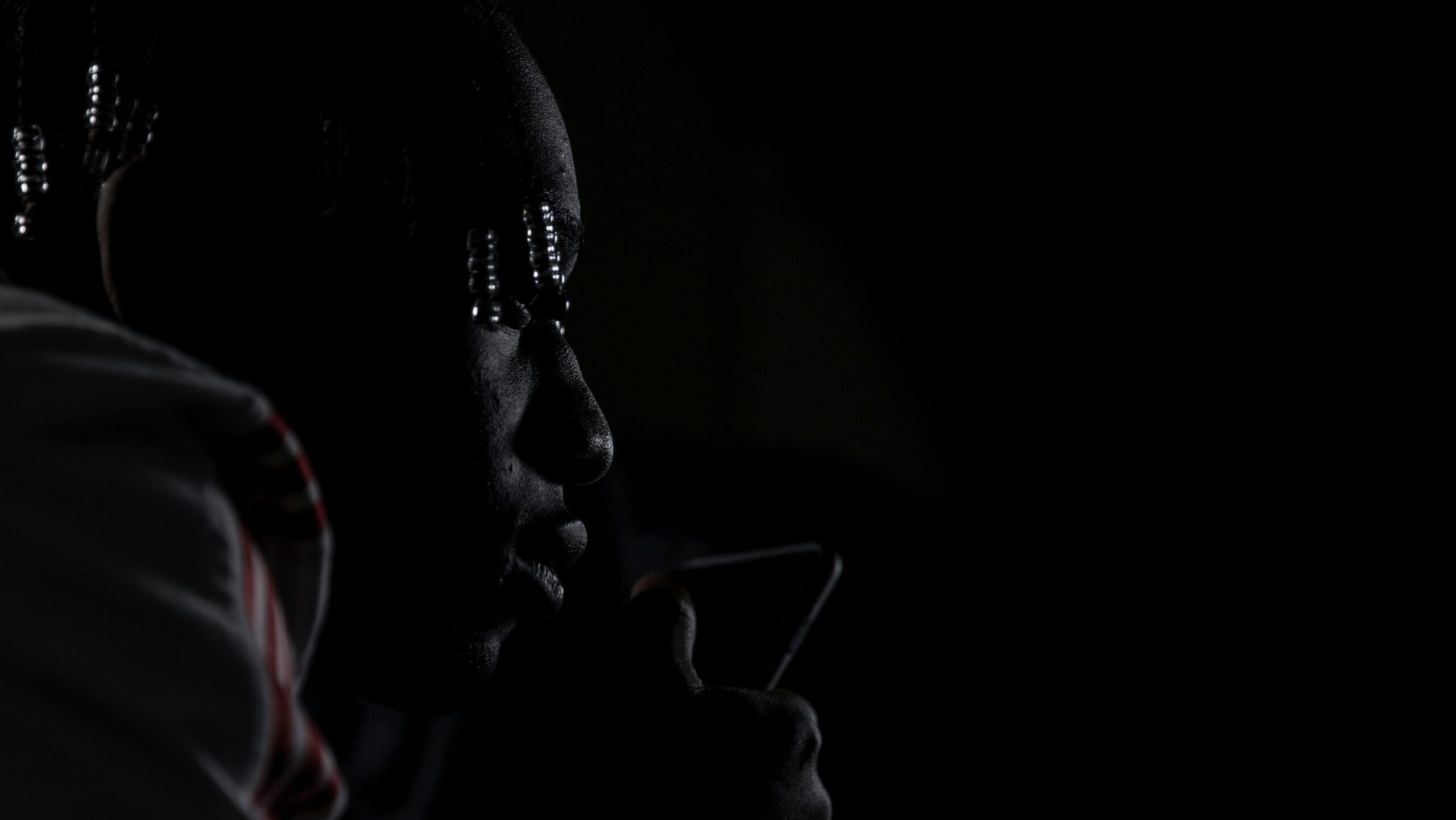Africa is bursting with melodies, rhythms, stories and ideas. Walk through the streets of Lagos, Accra, Nairobi, or Kigali, and you’ll feel that energy, it feels raw, beautiful, and magnetic. You’ll hear the music. You’ll see the fashion. You’ll feel the pulse. But despite the undeniable talent and a growing global spotlight, Africa’s creative industries are not yet where they should be. There’s a glass ceiling that keeps resurfacing, sometimes invisible, sometimes systemic, but always frustrating. So what exactly is holding Africa back from a full creative emergence? What’s standing in the way of a continent that’s brimming with creative potential? And how do we begin to break through?
Cultural Conditioning: Talent Is Still Undervalued
One of the deepest roots of the problem is cultural perception. For decades, art and creativity were framed as a hobby or side hustle, something to enjoy after you’ve done the “real work.” In many homes, a child who wants to become a producer, visual artist, filmmaker, or dancer is often met with resistance. Not because their parents are malicious but because survival is a priority. And creativity? It’s still not seen as secure. Even in schools, artistic endeavors were merely seen as a subject to be passed not as a means of expression. So if a student even dared to signal their interest in pursuing it as a means of livelihood, it was immediately shutdown. I know this happened a lot when I was in high school. This means you don’t only get resistance from your parents at home but from your teachers in school.
Admittedly, things are changing because of the evident result among the few artists who have made a living from their work. However, until African societies fully embrace the creative arts as serious work with real-world impact, young talent will continue to battle internal doubt and external discouragement. Creativity isn’t just a gift. It’s a career. It’s a tool for national identity, economic power, and cultural influence. And it’s time we start treating it that way.
Poor Infrastructure, High Barriers
Creating in Africa often means working twice as hard to get half as far. To get studios running cost a fortune. You must have a constant flow of clientele to keep the lights on if you’re just starting. Fast internet is still expensive in some parts of Africa. And what about the equipment required to create your work? They are hard to access. And even when the art is made, platforms for distribution are limited or unreliable.
There’s also the issue of technical knowledge. Not enough schools are teaching production, sound design, animation, editing, or creative business at a competitive level. The few who do learn often do so by piecing together YouTube tutorials with trial-and-error practice and that takes time, energy, and a lot of patience. How about the others that turn out very good, they cost a fortune to enroll.
When you don’t have the right tools, or the right support, making great art becomes more about survival than creation. And you can hear this especially in the music coming out of Africa. It’s mostly about getting the bag so you make what is trendy rather than what resonates with you. We need more studios. More safe spaces. More funding for arts education. And above all, more belief that creativity is worth investing in, not just celebrating once it becomes global as it is usual with us.
Access to Capital (Still a Myth for Most)
Money talks. Definitely. And in the creative space? It decides who gets to dream beyond the basics.
Right now, most African creatives are bootstrapping their ideas. There’s little access to grants, few investment funds tailored for the creative sector, and almost no banks willing to finance creative projects. Compare this to amount of funding that has been thrown around in the Nigerian tech space in the last couple of years, it has been borderline wasteful. Even streaming revenue often returns very little to the creator. Without proper publishing, licensing, and monetization structures, many African artists are still depending on gigs or social media buzz to survive. And this leads to burnout, to frustration and discouragement, to bright ideas dying in silence., to stars that never got the resources to rise.
If we want our stories to live and thrive, we must fund them. Not as charity, but as business.
Global Systems, Local Disadvantages
The world loves African culture, the rhythms, the swag, the sound. But often, the profit from that culture ends up outside the continent. Imagine coming with all that talent and hard work but the profit from all that lands outside your ecosystem. Western labels still control the contracts. Foreign tech platforms control distribution. Gatekeepers overseas decide what becomes “trendy” or “mainstream.” So even when we seem to win, we don’t fully win. Our data, our IP, our leverage is often sold for cheap or given away unknowingly.
To truly emerge, Africa needs to build ownership, ownership of our art, ownership of our platforms, ownership of our business models. The global spotlight is not enough. We need sovereignty. The talent is too deep for us to be eating from another man’s table. We can stand alone; we just need the right frameworks and the right frame of mind.
The Way Forward: Ecosystems, Not Just Talent
Talent is not our problem. We have it in abundance. What we lack are the ecosystems that sustain creativity. We need the middle class of the creative industry. We need the managers, agents, publishers, lawyers, producers, strategists. We need those who help shape careers, protect rights, and scale ideas.
We need policies that protect African IP. Local funding bodies that understand creative timelines. Spaces that prioritize experimentation, not just output. We need patient capitals. We need those with long-term vision, those who can see the potential of Africa’s deep talent pool and those with the patience needed to wait for it to blossom.
We need to shift the narrative, from asking for permission to taking ownership. From short-term wins to long-term legacy. Anything that aims to stand the test of time needs time to stand strong and be established.
Africa’s creative emergence is not a dream. It’s happening. But for it to truly unfold, we must remove the structural and mental blocks that keep us playing small.
Final Words
The continent is ready. The talent is here. The stories are rich. Now we need belief that is backed by investment, strategy, and structure. Now we need creatives who are protected, empowered, and resourced. Now we need industries, not just moments. The next global culture wave won’t come from outside Africa. It will come from within but only if we let it.

